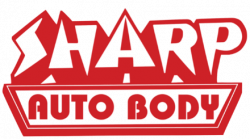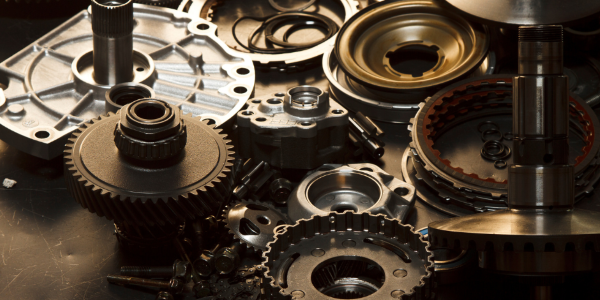Why Is It Better to Use OEM Parts and Procedures?
When your car needs repairs—after an accident, during routine maintenance, or when replacing a worn component—you must choose between using Original Equipment Manufacturer (OEM) parts with OEM repair procedures or opting for aftermarket alternatives.
While aftermarket parts are often cheaper, the long-term benefits of OEM parts and procedures make them the smarter choice for most car owners. OEM means quality, safety, and long-term reliability, all backed by the manufacturer’s original design. Here are eight reasons why OEM is better than aftermarket parts.
- Quality Assurance – The same manufacturer that built your vehicle makes OEM parts. They’re engineered to meet the exact specifications and performance standards of your car. Unlike some aftermarket parts, OEM components go through rigorous quality control testing for durability, fit, and function. Choosing OEM means you’re getting the same precision your vehicle had when it left the factory.
- Perfect Fit – Even tiny differences in part dimensions can cause rattles, premature wear, or system failure. OEM parts are made specifically for your make, model, and year, ensuring a perfect fit every time. For example, an aftermarket bumper that’s slightly off in alignment might not only look wrong—it could also affect how your vehicle’s safety systems respond in a collision.
- Guaranteed Compatibility – Today’s vehicles are complex machines with tightly integrated systems. OEM parts are designed to work seamlessly with your vehicle’s existing components. An aftermarket part that’s “close enough” could cause performance issues, software errors, or even damage other systems over time.
- Safety Standards You Can Trust – Safety is a top priority when repairing a vehicle. OEM parts meet or exceed the original safety standards of your car’s manufacturer. This is especially critical for airbags, brakes, seatbelts, and structural parts that protect you in a crash. OEM parts ensure your vehicle performs as the manufacturer designed in critical moments.
- Protecting Your Warranty – Many new car warranties require OEM parts and procedures for repairs. Installing aftermarket parts could void your coverage, leaving you to pay out-of-pocket for future repairs that would otherwise be covered. Even for older cars, using OEM parts helps maintain your repair history, which can boost your vehicle’s resale value.
- Preserving Resale Value – If you plan to sell or trade in your vehicle, buyers and dealerships prefer cars repaired with OEM parts. A documented repair history showing OEM use signals better maintenance, which often results in a higher resale price.
- Manufacturer’s Expertise – OEM repair procedures aren’t generic—they’re based on the manufacturer’s engineering research and real-world testing. Following these step-by-step instructions ensures the repair restores your vehicle to its original performance, safety, and integrity.
- Access to Technical Support – When your repair shop uses OEM parts and follows OEM procedures, they often have direct access to the manufacturer’s technical resources, software updates, and calibration information. This can make a big difference in fixing complex problems correctly the first time.
When Aftermarket Parts Might Be OK
OEM is almost always the gold standard, but there are a few exceptions. If you own an older vehicle where OEM parts are no longer available, or you’re replacing a non-critical cosmetic item, a high-quality aftermarket part may be fine. Still, for safety-related, structural, or warranty-covered repairs, OEM is the smarter investment.
Choosing OEM parts and procedures is about more than just replacing what’s broken—it’s about keeping your vehicle safe, reliable, and true to its original design. It protects your warranty, preserves resale value, and ensures that your car will perform as intended when you need it most.
At Sharp Auto Body, we believe your car deserves the best. That’s why we follow OEM repair procedures and use OEM parts whenever possible. We want every vehicle that leaves our shop to be as safe and dependable as the day it was built.
If you’re unsure whether to choose OEM or aftermarket for your next repair, call us at 847-526-1343. We’ll explain your options and help you make the choice that’s right for your safety, your car, and your wallet.








